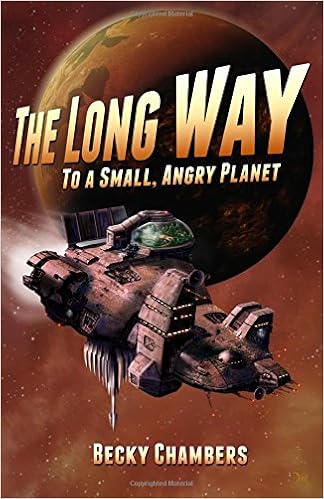I have nothing much to say about this novel. It really disappointed me. It had a very interesting summary and I thought it might be something similar to "A Canticle for Leibowitz", a mix of sci-fi and religion.
Actually, I forced myself to read it but only around 80% and then I decided to give it up. If novel does not say anything important or relevant after reading more than half of it, I don't expect a miracle in the end.
However, it had such a interesting story. Jesuit priests and scientists travel to different planet to understand who are those aliens who transmit their "singing" through radio. Somehow this travel end up very badly. So the story supposed to be reconstruction of what went wrong and how people of faith lost it all.
But, the author decided to drag the story by discussing irrelevant stuff that has no role or influence how story develops. I read close to 80% of the novel and still I had no idea what was going. In fact, first 5 pages contained all the information available in next 350 pages. It felt that the author deliberately decided to make novel's "revelation" only in the very end of the book, but without considering how to make the reader interested enough to keep reading it.
For me this novel felt like those novels that make you feel you have really wasted whatever time you spent on reading it.
posted by David Usharauli
.jpg)


